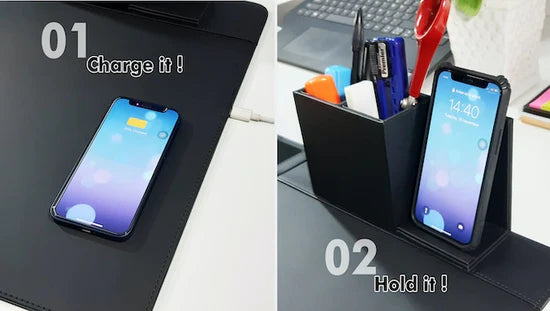Tomorrow from sundown through sundown on Saturday is set aside for 24 hours of unplugging, disconnecting from all our devices so we can be truly present in our lives. The benefits of doing so may convince you to plan one day a week as an Unplug Day, or even just a few hours on one day.

Why is it important to unplug?
- After taking a tech break, we can better see the role it plays in our lives and establish healthier habits.
- Nearly three in 10 U.S. adults say they are almost always online.
- Children ages 8-12 in the U.S. spend an average of four to six hours a day on screens. For teens, it’s nine hours.
- Sixty percent of adults are concerned about how technology influences their relationships with their children.
- Computer vision syndrome is a thing, causing blurred vision, dry eyes, and neck and shoulder pain.
- Our eyes aren’t built to read on screens for long periods of time and focus harder than if reading a printed page.1
Creating deeper connections with those around you is one of the biggest effects of taking time away from your devices. Tiffany Shlain, author of 24/6: The Power of Unplugging One Day a Week,” refers to her weekly day off as a “Technology Shabbat.”2
Tiffany shares five reasons to regularly unplug:
- You’ll be more focused. Studies show that, even if it’s not on, your phone can be a distraction if it’s nearby.
- You’ll sleep better. The blue light from our screens can interrupt our sleep-wake cycle, making sleep difficult. Try staying off screens for an hour or so before bed.
- You may be less anxious or depressed. Social media can wreak havoc on our well-being, particularly for teenagers.
- Your relationships will improve. We know that less screen time means more time with friends and family, but it also may make you more empathetic. Research shows that today’s college students are 40 percent less empathetic than students from 10 years earlier. The biggest increase occurred after smartphones became ubiquitous.
- Your health will improve. Spending less time on your phone reduces your chance of developing repetitive stress injuries. Plus, your sleep will be better and your overall happiness will increase.

So, what will you do with all that free time? Unplug Collaborative has some ideas, including:
- Volunteering with friends or family
- Board game night
- Scavenger hunt
- Read out loud to each other
- Group crafting
- Host a spa night
- Build a blanket and/or box fort in your living room

After you observe Global Unplugging Day for 24 hours -- or even just a few hours -- you will see the difference it makes and want to do it more often. Start with a few hours a week and try working it up to a day of unplugging each week. This may take some planning, especially if you have children and everyone has different schedules. Remember, a few hours off is better than none at all, and you will still reap benefits.
The key is maintaining unplugging time after the Day of Unplugging is over. Disconnecting from all the digital static that comes from constant connectedness to so much information offers a reset, allowing us to stay connected with the people around us. You’ll find time to do those things you say you have no time for – reading a book, visiting a friend, going for a hike, or decluttering that scary closet.
Related Blogs:
The Importance of a Good Night's Rest
Recovering from Burnout and Finding Joy
Resources
1Unplug Collaborative. https://www.unplugcollaborative.org
2Fox, MeiMei. Forbes. "8 Reasons Why You Should Unplug One Day A Week." 2/23/19. Accessed 3/2/23. https://www.forbes.com/sites/meimeifox/2019/09/24/8-reasons-why-you-should-unplug-one-day-a-week/





